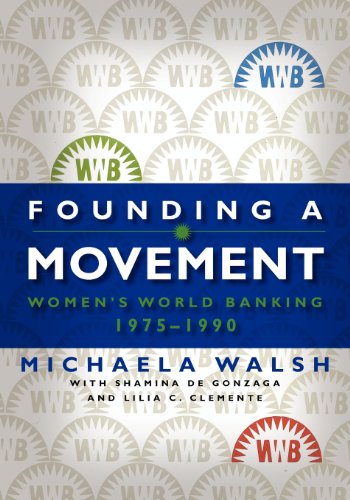
 In 1910, an International Women’s conference was held and they reached the agreement that International Women’s Day should be observed annually. March 18, 1911 was the first International Women’s day. Observed by over 1 million people in several different countries, the day marked many demonstrations for the support and empowerment of women who have long contributed to the history and success of many nations without recognition. The demonstrations also demanded the right to vote and hold office. The day spread over the next fifty years and in 1977 when the United Nations General Assembly invited member states to proclaim March 8 as the UN Day for Women's Rights and International Peace, the day became official with a widespread observance.
In 1910, an International Women’s conference was held and they reached the agreement that International Women’s Day should be observed annually. March 18, 1911 was the first International Women’s day. Observed by over 1 million people in several different countries, the day marked many demonstrations for the support and empowerment of women who have long contributed to the history and success of many nations without recognition. The demonstrations also demanded the right to vote and hold office. The day spread over the next fifty years and in 1977 when the United Nations General Assembly invited member states to proclaim March 8 as the UN Day for Women's Rights and International Peace, the day became official with a widespread observance.  International Women’s Day is a recognizable and significant moment in the Women’s rights movement. Striving for equality in regards to voting was discussed and hotly debated in the early 1900s, a great survey of which is described in Eugene A. Hecker's 1914 title, "A Short History of Women's Rights" or, for those who may want to travel back in time a bit, Mary Wollstonecraft's book, "A Vindication of the Rights of Women" will give readers a fantastic historical background from the 1700s.
International Women’s Day is a recognizable and significant moment in the Women’s rights movement. Striving for equality in regards to voting was discussed and hotly debated in the early 1900s, a great survey of which is described in Eugene A. Hecker's 1914 title, "A Short History of Women's Rights" or, for those who may want to travel back in time a bit, Mary Wollstonecraft's book, "A Vindication of the Rights of Women" will give readers a fantastic historical background from the 1700s. It is because of these women of the past who fought (and those women who still fight today) for equality and civil rights, that we can have such amazing authors as we do today. For example, Phebe A. Hanaford, who wrote about female poets, scientist, preachers, and educators in her book, "Daughters of America or Women of the Century", or Margaret E. Burton', who defied longstanding cultural traditions and stereotypes and wrote about her struggles in "Notable Women of Modern China", and more recently, Michaela Walsh, who wrote "Founding a Movement: Womens World Banking, 1975-1990" and was the president of Women's World Banking.
It is because of these women of the past who fought (and those women who still fight today) for equality and civil rights, that we can have such amazing authors as we do today. For example, Phebe A. Hanaford, who wrote about female poets, scientist, preachers, and educators in her book, "Daughters of America or Women of the Century", or Margaret E. Burton', who defied longstanding cultural traditions and stereotypes and wrote about her struggles in "Notable Women of Modern China", and more recently, Michaela Walsh, who wrote "Founding a Movement: Womens World Banking, 1975-1990" and was the president of Women's World Banking.
The 2017 theme of International Women's Day is #BeBoldForChange, asking everyone to fight for and speak up about about equal rights and inclusivity for all.
Thousands of events occur to mark the economic, political and social achievements of women. Organizations, governments, charities, educational institutions, women's groups, corporations and the media celebrate this day world wide. For more information about International Women's Day and events near you, see their website.




